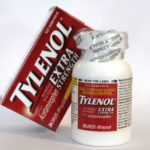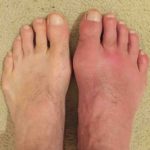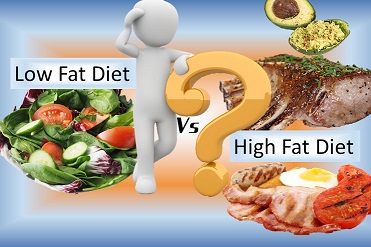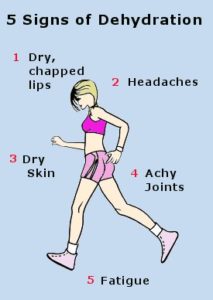 Are you prepared for the winter germs?
Are you prepared for the winter germs?
Have you done enough to avoid illness and pain associated with this dreaded season?
Can the cold and flu season raise your threat of a Gout attack?
Can illness increase your arthritic joint pain and inflammation in general?
Contrary to popular belief, you can avoid serious bouts of illness and still avoid the flu shot. Optimizing your health through diet, water, sleep, and supplementation won’t only enhance your health overall, it will enhance your body’s ability to ward or fight off any of those nasty germs surrounding you. Even if you succumb to the germs, you can drastically reduce the severity of the hit with a strengthened immune system. Continue reading “Cold and Flu Season is Upon Us…………”
 Traveling can be hectic as is, and downright scary if you suffer from Gout. If you are going abroad it can be even more of a worry as you are not near home, or in the same country to get the help you need, that is why making a packing list, or checking one out from such websites as
Traveling can be hectic as is, and downright scary if you suffer from Gout. If you are going abroad it can be even more of a worry as you are not near home, or in the same country to get the help you need, that is why making a packing list, or checking one out from such websites as  Excessive amounts of
Excessive amounts of  In a desperate search to consume a safer water source than the parasite, dioxin and
In a desperate search to consume a safer water source than the parasite, dioxin and  According to the latest CARES trial, the Gout drug Febuxostat (Uloric) failed up against Allopurinol when it came down to a combined rate of fatal and nonfatal adverse events for those that suffer with both Gout and Cardiovascular disease. In fact, there was a significant increased risk of death for those that took this drug for Gout while also suffering from heart disease.
According to the latest CARES trial, the Gout drug Febuxostat (Uloric) failed up against Allopurinol when it came down to a combined rate of fatal and nonfatal adverse events for those that suffer with both Gout and Cardiovascular disease. In fact, there was a significant increased risk of death for those that took this drug for Gout while also suffering from heart disease. Acetaminophen (also labeled as Paracetamol, or more commonly known as
Acetaminophen (also labeled as Paracetamol, or more commonly known as  Gout affects an estimated 4% of the population, or around 1 in 25 people. Evidence suggests this number is growing and is certainly affecting a larger demographic than in the past. A lot of confusion has surrounded the specifics on how high levels of
Gout affects an estimated 4% of the population, or around 1 in 25 people. Evidence suggests this number is growing and is certainly affecting a larger demographic than in the past. A lot of confusion has surrounded the specifics on how high levels of Soy can provide a significant amount of protein,
Soy can provide a significant amount of protein, 
 Yes. Proper hydration is a fundamental requirement to maintain the health of our bodies. Our bodies are 75% water and 25% solid matter. Water is needed to eliminate waste and provide nourishment, in addition to regulating billions of other activities in the body. Hydration takes place when the minerals connect with water and provide electrolytes, cellular fluids, and tissue balance. This balance is crucial to preserve the electrical charge of our cells, as well as maintain a
Yes. Proper hydration is a fundamental requirement to maintain the health of our bodies. Our bodies are 75% water and 25% solid matter. Water is needed to eliminate waste and provide nourishment, in addition to regulating billions of other activities in the body. Hydration takes place when the minerals connect with water and provide electrolytes, cellular fluids, and tissue balance. This balance is crucial to preserve the electrical charge of our cells, as well as maintain a